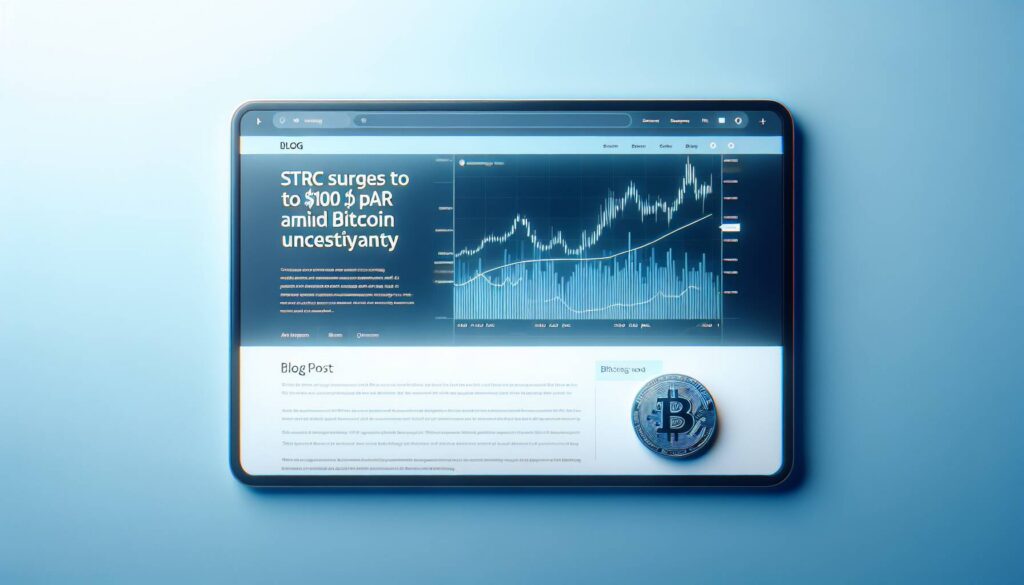In a dramatic turn of events for Argentina’s cryptocurrency landscape, President Javier Milei now finds himself at the center of a political storm following his endorsement of a controversial digital currency named LIBRA. Initially designed to help small and medium-sized businesses in Argentina, this cryptocurrency saw its value plummet dramatically within hours, as reported by Reuters.
On a now-deleted post on X, formerly known as Twitter, President Milei championed LIBRA as a privately run initiative aimed at generating funds for local enterprises. His endorsement quickly pushed the token’s market capitalization to a staggering .5 billion. However, confusion over the legitimacy of this announcement sparked skepticism among investors, with some speculating that Milei’s account might have been hacked or influenced by scammers.
“I was not aware of the details of the project,” President Milei stated, after deleting the post just five hours later. He further clarified that, upon gaining full understanding, he would refrain from promoting LIBRA.
The aftermath was swift: as investors rushed to cash out, approximately .4 million worth of tokens were liquidated, leading to an astounding 90% drop in the token’s market cap—erasing more than billion in value almost overnight. This sharp decline raised alarm bells, with the fintech chamber in Argentina suggesting that LIBRA could be a “rug pull,” a scenario where project creators abandon their initiative after harvesting significant funds.
In the wake of the controversy, opposition lawmakers, including Leandro Santoro, have voiced their concerns, calling for impeachment proceedings against the president. “This scandal, which embarrasses us on an international scale, requires us to launch an impeachment request against the president,” he declared.
The unfolding saga holds vital implications for Argentina’s burgeoning fintech industry and sheds light on the volatile nature of cryptocurrency investments. As the situation develops, both the political ramifications and investor confidence remain in question.

Argentina’s Crypto Crisis and Presidential Impeachment Threats
The recent events surrounding Argentina’s President Javier Milei and the cryptocurrency LIBRA have significant implications for the country’s economic landscape and governance. Here are the key points:
- Presidential Risk: President Javier Milei faces impeachment threats due to controversy over his endorsement of LIBRA.
- LIBRA Cryptocurrency: Marketed as a project to support small and medium-sized businesses in Argentina.
- Market Crash: LIBRA’s market cap surged to .5 billion but subsequently crashed 90%, erasing over billion within hours.
- Insider Trading: Insiders reportedly cashed out .4 million worth of tokens prior to the crash, raising concerns about ethical practices.
- Public Disconnect: Milei claimed he was unaware of the project’s details and deleted his promotional post after five hours, indicating a lack of knowledge and oversight.
- Concerns of Fraud: The fintech chamber suggested LIBRA may be a “rug pull,” where developers abandon the project after extracting funds.
- International Embarrassment: The scandal has implications for Argentina’s international reputation and could affect foreign investment.
- Political Repercussions: Opposition lawmaker Leandro Santoro stated the need for impeachment, highlighting political discord and stability concerns.
This situation reflects the risks associated with cryptocurrency endorsements and the potential impact on public trust in leadership.
Argentina’s Cryptocurrency Turmoil: A Deep Dive into the LIBRA Saga
The unfolding drama surrounding Argentina’s President Javier Milei and the controversial cryptocurrency LIBRA has sent shockwaves through the political and financial landscape, drawing comparisons with other significant incidents in the cryptocurrency world. While the allure of boosting small businesses through digital currency might resonate with many, this particular episode highlights critical vulnerabilities that can obscure the very promise of innovation.
Arguably, the most striking advantage of this venture was Milei’s bold initiative to support local enterprises, suggesting a government willing to explore uncharted territories in fintech. This mirrors instances like El Salvador’s Bitcoin adoption, where the government not only embraced cryptocurrency but positioned it as a viable alternative to traditional finance. However, unlike El Salvador’s gradual approach, Milei’s abrupt promotion of LIBRA alongside significant oversight reveals his administration’s hasty decisions. The rapid rise and fall of LIBRA, which ballooned to a staggering market cap of .5 billion before plummeting by 90%, illustrates the perils of an unregulated digital asset market and the susceptibility of political figures to unverified projects.
On the flip side, the incident casts a long shadow of disadvantage. The term “rug pull” now associated with the LIBRA project resonates deeply within the cryptocurrency community, where trust and credibility are paramount. This reflects the darker side of the crypto boom, as seen in past scandals involving sudden collapses like Bitconnect or OneCoin, where investors lost millions due to similar mismanagement. As the crypto market reels from Milei’s blunder, investors—especially those new to the space—could suffer significant losses and diminished confidence, setting a precedent that could discourage ethical projects.
This development offers a mixed bag for various stakeholders. Small business owners, who were initially drawn to the promise of LIBRA as a financial lifeline, now face the fallout. Without proper due diligence and clear leadership from Milei, vulnerable businesses may find themselves scrambling for resources, further complicating Argentina’s already fragile economic landscape. On the legislative front, the prospect of impeachment could distract from critical reforms, leading to political instability that hampers long-term growth.
In sum, while the LIBRA debacle offers critical lessons about cryptocurrency market volatilities and the importance of responsible governance, it simultaneously raises questions about the integrity of political figures involved in fintech ventures. As Argentina navigates this turbulent period, the implications of Milei’s actions serve as a cautionary tale for governments worldwide looking to integrate digital currencies into their economic strategies.
















